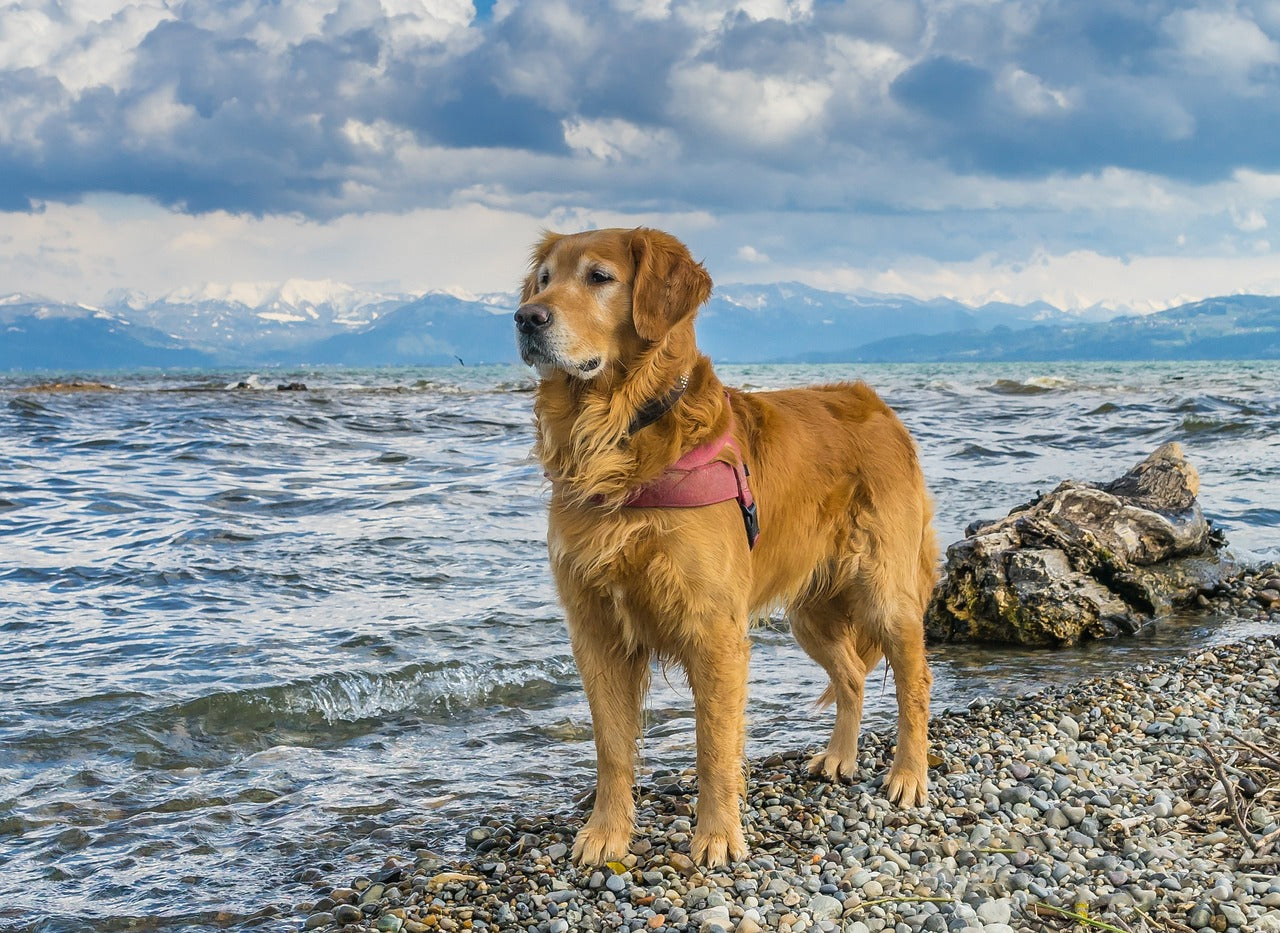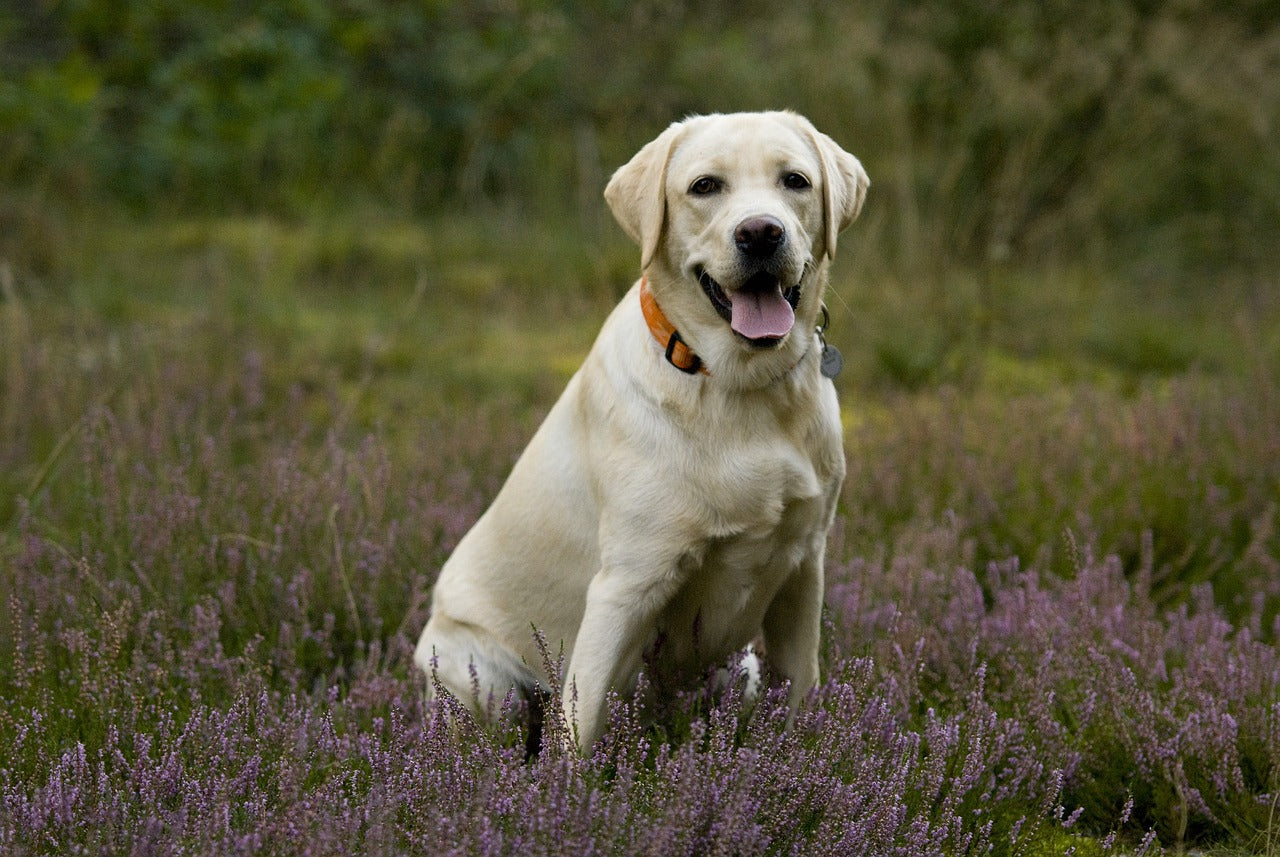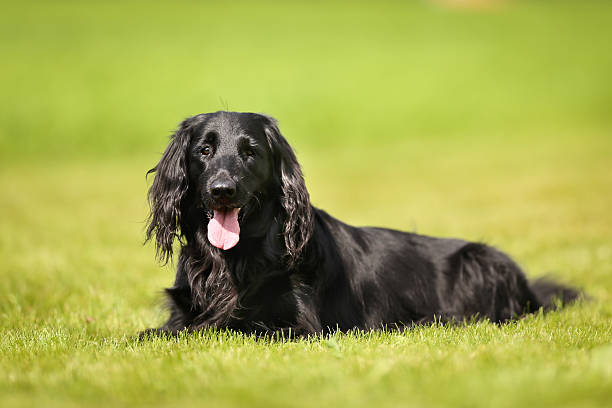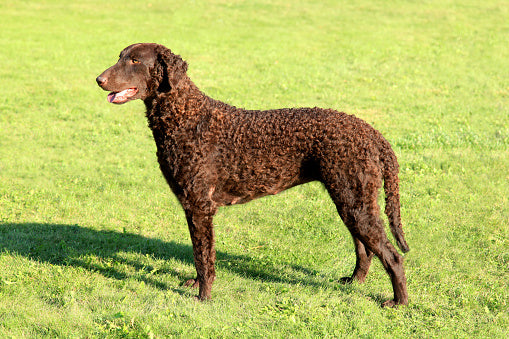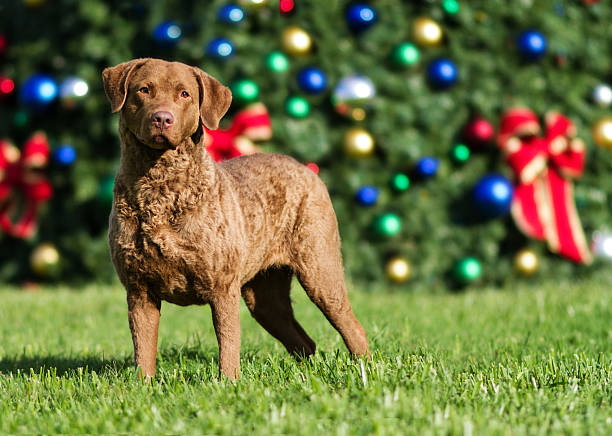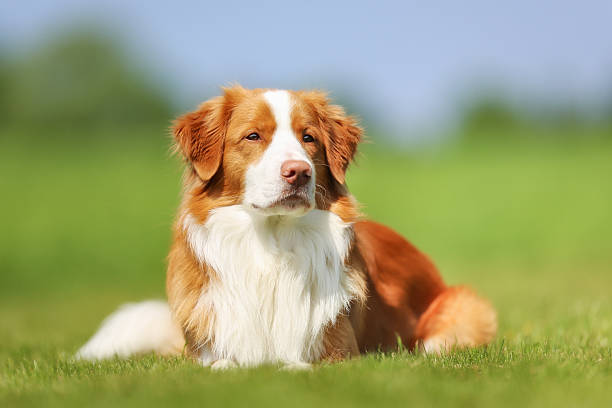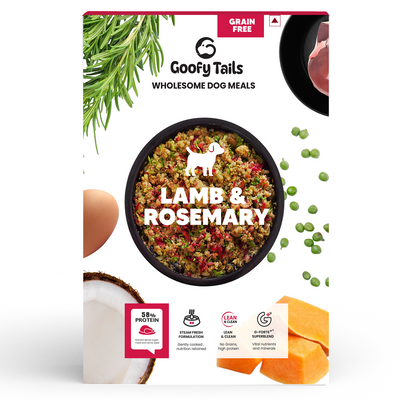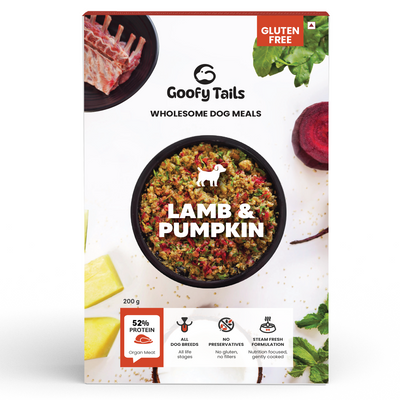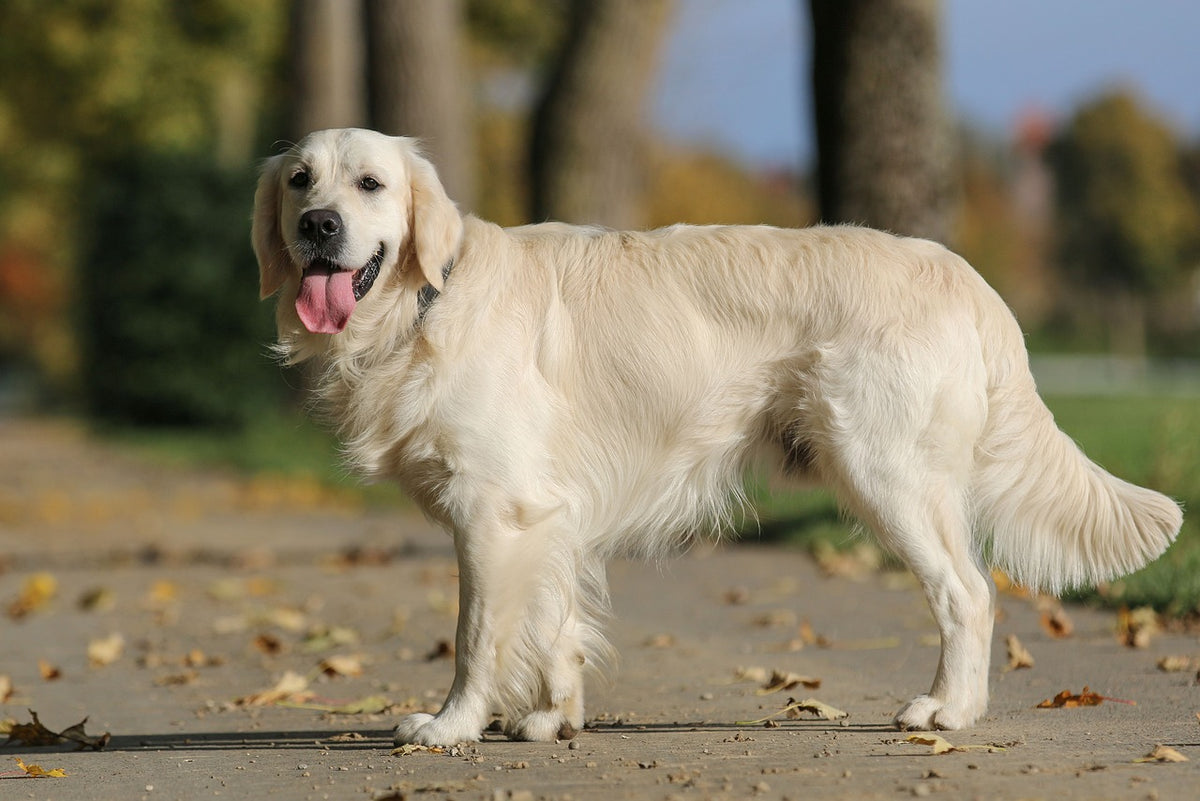
Breed History
Over time, this led to the development of distinct breeds which include the Labrador Retriever, Golden Retriever, Flat-Coated Retriever, Curly-Coated Retriever, Chesapeake Bay Retriever and the Nova Scotia Duck Tolling Retriever, each tailored for specific terrain and game.
Food for your Retriever
-
Retrievers are medium to large-sized sporting dogs with high energy levels and a natural love for activity. Lean proteins like chicken or lamb provide the essential amino acids they need to maintain muscle tone, stamina, and a healthy weight.
-
Since Retrievers are prone to hip dysplasia, and arthritis, especially as they age, it’s important to include foods or supplements rich in glucosamine, chondroitin, and omega-3 fatty acids to support joint flexibility, reduce inflammation, and promote long-term mobility.
-
Adding nutrient-dense bone broth from poultry or fish enhances meals with hydration, collagen, and amino acids. This helps support digestive function, immune health, and joint lubrication.
-
For treats, opt for natural, low-fat options like freeze-dried meat, dehydrated liver, or limited-ingredient grain-free bites. These are ideal for training, weight control, and reinforcing positive behaviors without compromising their overall diet.
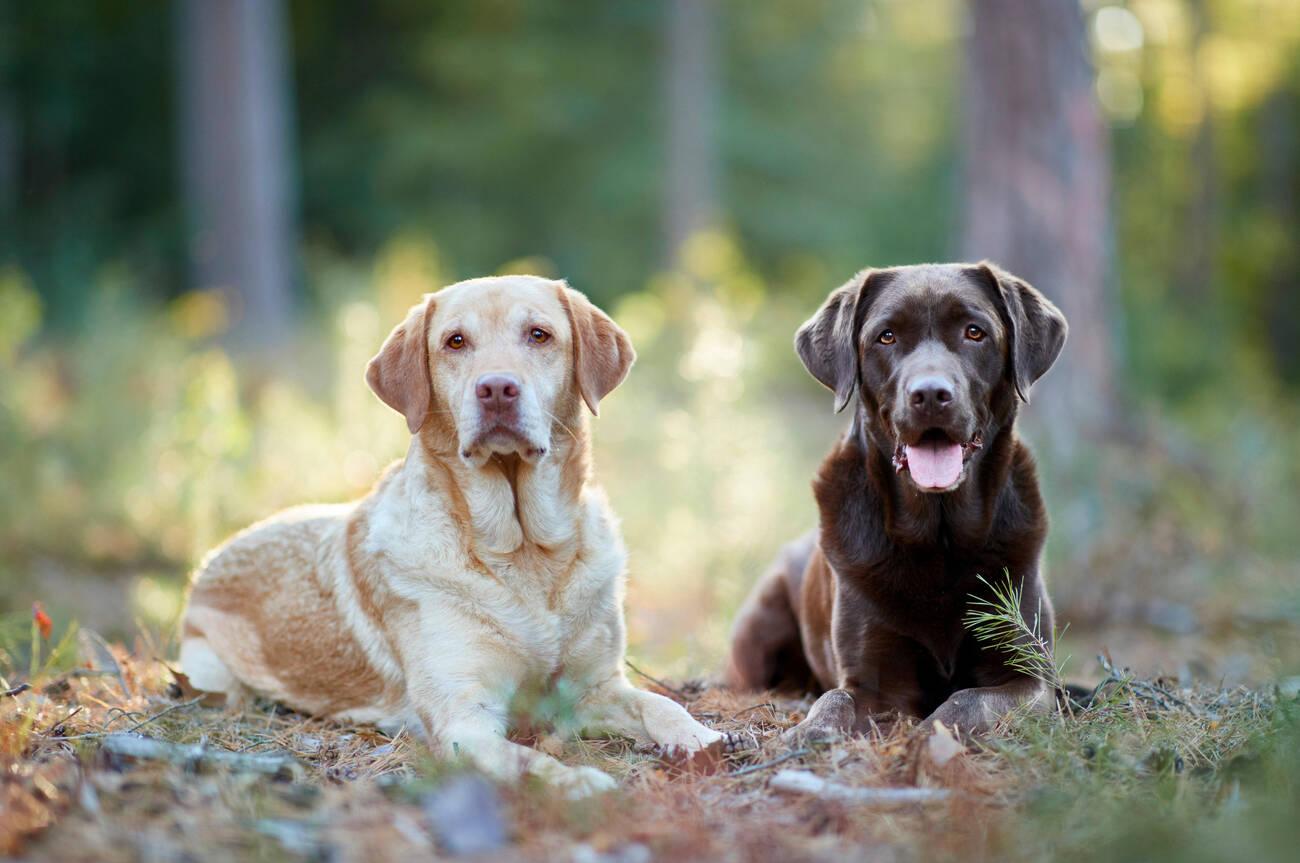
Training your Retrievers
-
Retrievers are intelligent, eager-to-please working dogs originally bred for hunting and retrieving game. While generally gentle and friendly, breeds like the Labrador Retriever or Golden Retriever can become overly excitable or distracted if not guided with consistent, structured training.
-
They respond best to positive reinforcement, routine, and repetition. Using clear commands, cheerful tone, and consistent cues helps them quickly learn boundaries and expectations.
-
Reward-based training is essential, as Retrievers are highly food- and praise-motivated.
-
Early socialization is critical. Introducing your Retriever to new people, animals, and environments from an early age builds confidence and prevents anxiety, especially in sensitive breeds like the Flat-Coated Retriever.
-
To stay mentally sharp, Retrievers thrive on purpose-driven tasks like retrieving drills, agility work, scent games, or puzzle toys.
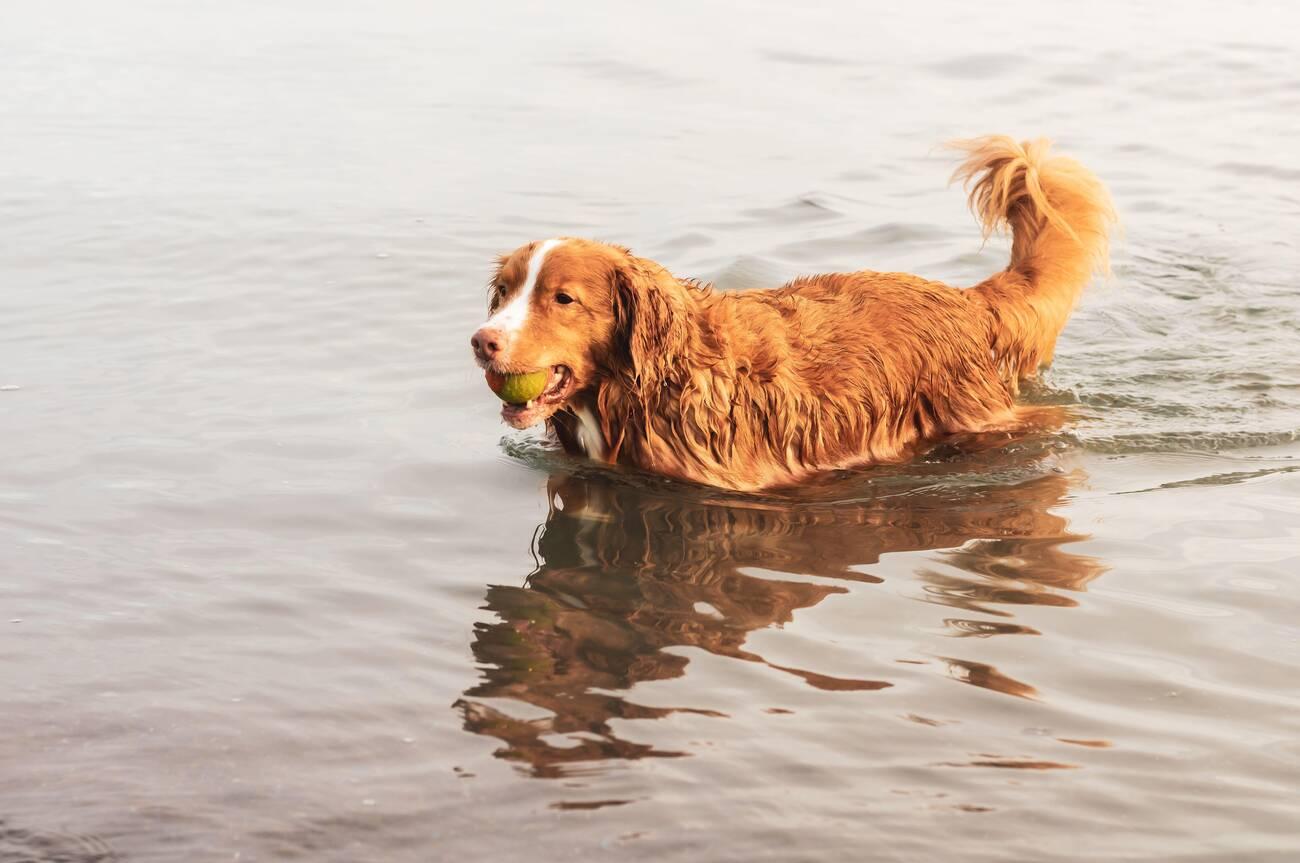
Recommended Treats
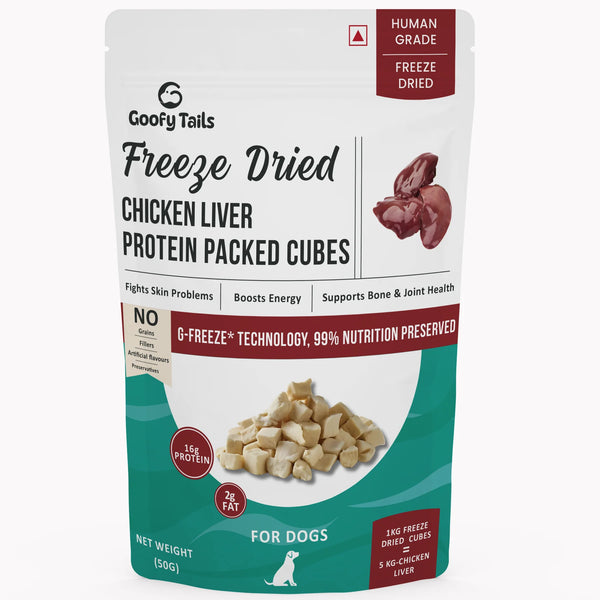
Freeze-Dried Chicken Liver
Packed with real, raw nutrition, these dog treats offer the convenience of freeze-dried goodness. These treats are gluten-free and grain-free, catering to dogs with dietary sensitivities or specific needs. Designed to promote digestion and overall well-being, they are perfect for dogs with sensitive stomachs.
Exercising your Retriever
-
Retrievers are active, high-energy dogs that need at least 1–1.5 hours of daily exercise. Regular movement keeps their bodies strong, minds calm, and curbs unwanted behaviors like chewing or restlessness.
-
They enjoy long walks, fetch sessions, swimming, and agility games. Changing environments; like parks, trails, or beaches; keeps them mentally stimulated and satisfies their working instincts.
-
Being intelligent and eager to please, Retrievers need mental challenges along with physical ones. Obedience drills, scent games, and puzzle toys help sharpen focus and prevent boredom.
-
A consistent routine of exercise, training, and positive reinforcement ensures they stay well-behaved. Without it, even friendly breeds like Labradors or Goldens can become hyper or unruly.
-
To protect their joints and prevent strain, include low-impact activities like leash walks, swimming, or soft-surface play.
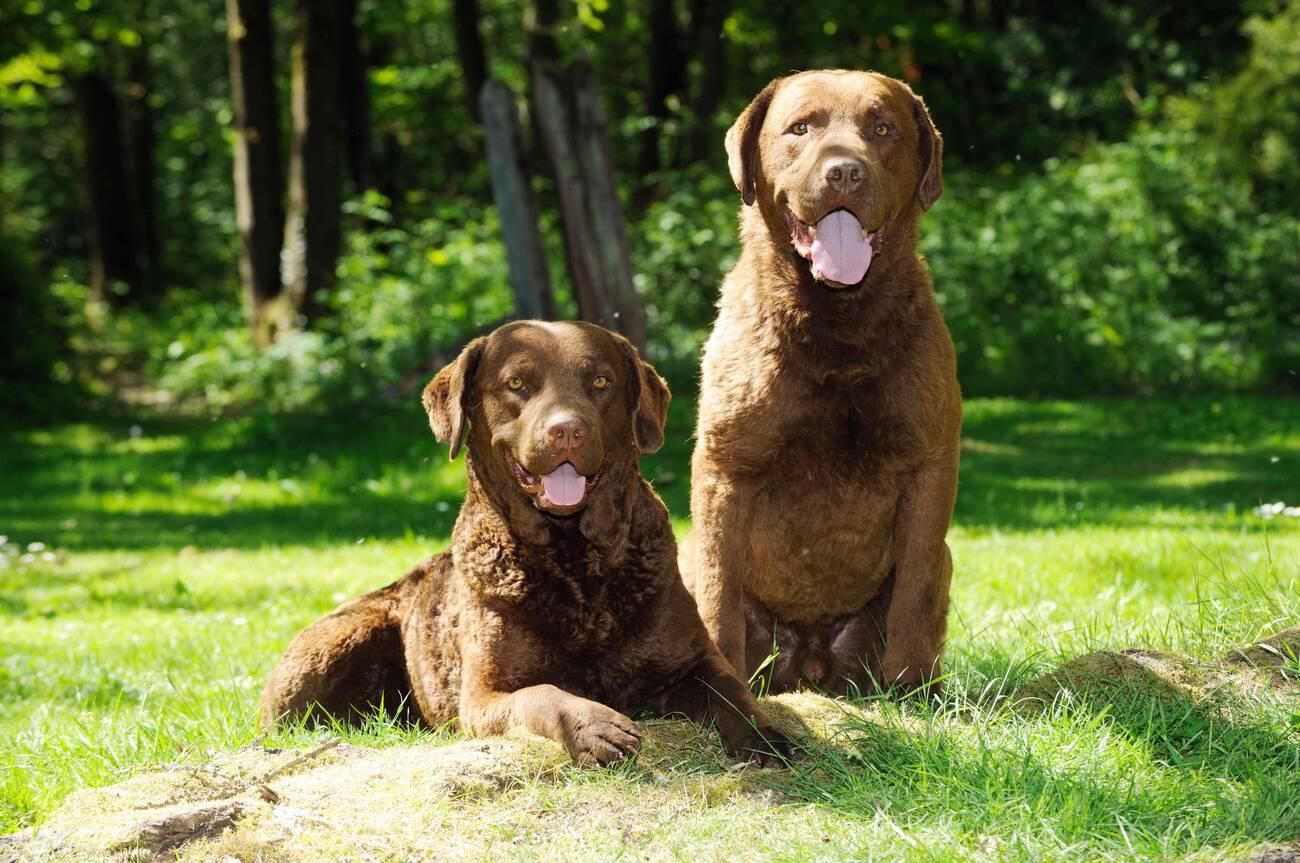
Recommended Supplement
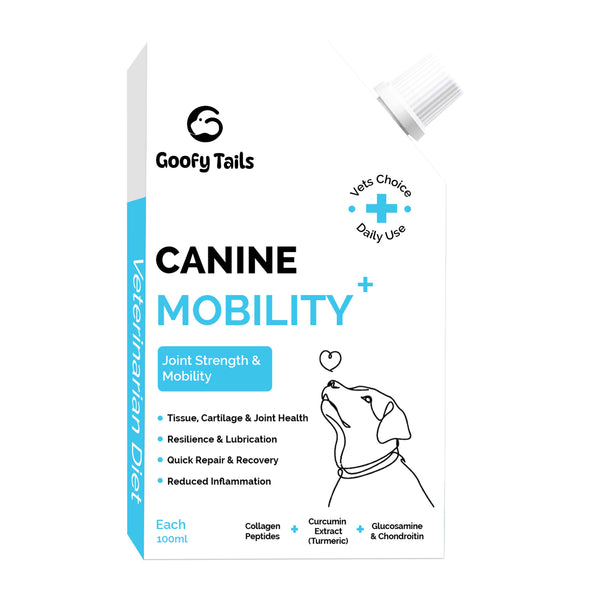
Canine Mobility+
A fortified broth specially formulated for dogs, enriched with collagen, glucosamine, curcuminoid, and chondroitin to enhance flexibility, ease stiffness, and promote long-term mobility. Highly palatable and ideal for senior dogs, breeds prone to joint issues, dogs recovering from fractures or injuries, and athletic dogs under joint stress.
Things to consider before getting a Retriever
-
Retrievers are active, social dogs that need daily walks, training, and play. Their working roots demand time, patience, and consistent mental engagement from their owners.
-
Most Retrievers adapt well to homes of all sizes, but they thrive in spaces with access to outdoor play. Regular off-leash time in secure areas is ideal, especially for Labs and Goldens.
-
While eager to please, breeds like the Chesapeake or Curly-Coated Retriever can be more independent. Early socialization and reward-based training are essential across all types.
-
Retrievers may face issues like hip dysplasia, obesity, and heart conditions. A balanced diet, joint support, and regular vet care are key for long-term health.
-
Most Retrievers have medium to dense double coats that shed seasonally. Brushing 1–2 times per week helps manage shedding; especially for Flat-Coats and Nova Scotias.
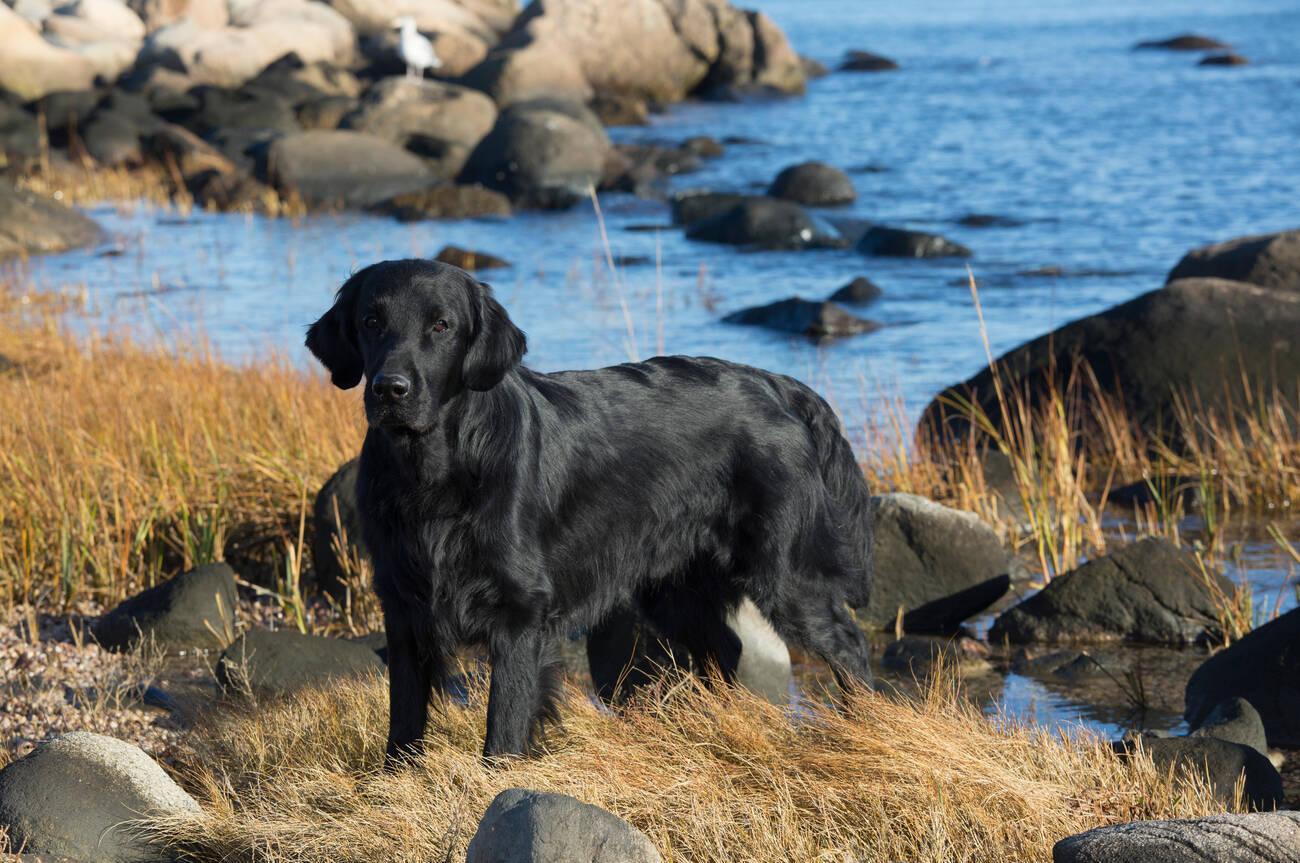
Frequently Asked Questions
Yes! All six breeds were originally bred to retrieve game from water, so most Labradors, Goldens, Tollers, and even Curly and Flat-Coated Retrievers are natural swimmers who love a splash.
The Labrador Retriever is consistently the world’s most popular dog; friendly, trainable, and family-friendly. Golden Retrievers come in a close second.
Most Retrievers; especially Labs and Goldens; are extremely eager to please and respond well to positive training. Chesapeakes and Curlies may be more independent and need consistent guidance.
Yes. Most Retrievers, especially Goldens, Labs, and Flat-Coated Retrievers, shed moderately to heavily. Regular brushing helps, especially during seasonal changes.
Labrador and Golden Retrievers are ideal for beginners due to their gentle nature. Breeds like the Chesapeake or Curly-Coated Retriever may be better suited for experienced handlers.
Absolutely! Retrievers are generally gentle, social, and tolerant. Breeds like Goldens and Flat-Coats are especially known for their patience with children.
All six breeds need at least 1–2 hours of daily exercise. Tollers and Chesapeakes are especially high-energy and benefit from structured play and mental stimulation.
Retrievers are prone to hip dysplasia, obesity, ear infections, and certain cancers. Regular vet care, joint support, and a balanced diet are essential.
The Nova Scotia Duck Tolling Retriever is the smallest of the group, weighing 35–50 lbs, but don’t let size fool you; they’re fast, energetic, and incredibly clever.
The Flat-Coated Retriever! They're known for their eternally puppy-like personality and joyful, bouncy nature, even well into adulthood. 🐾


